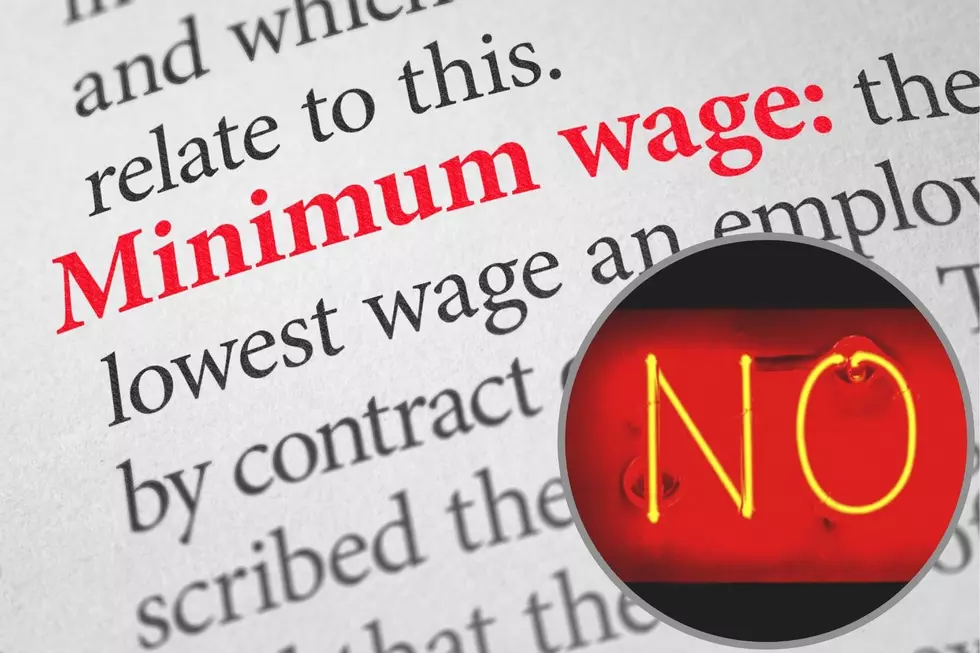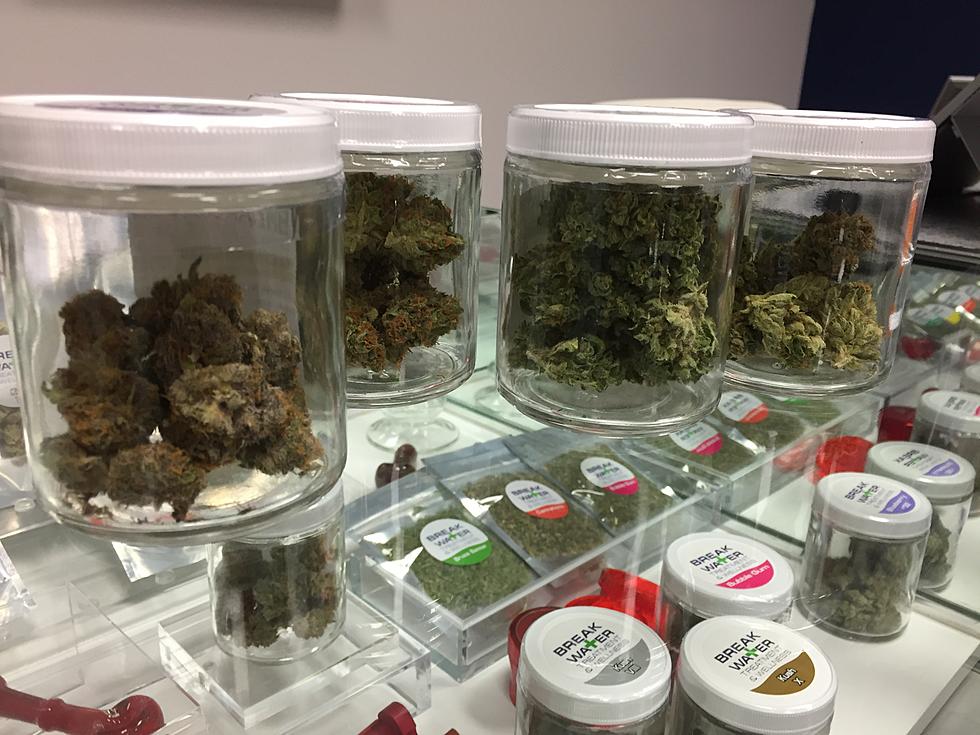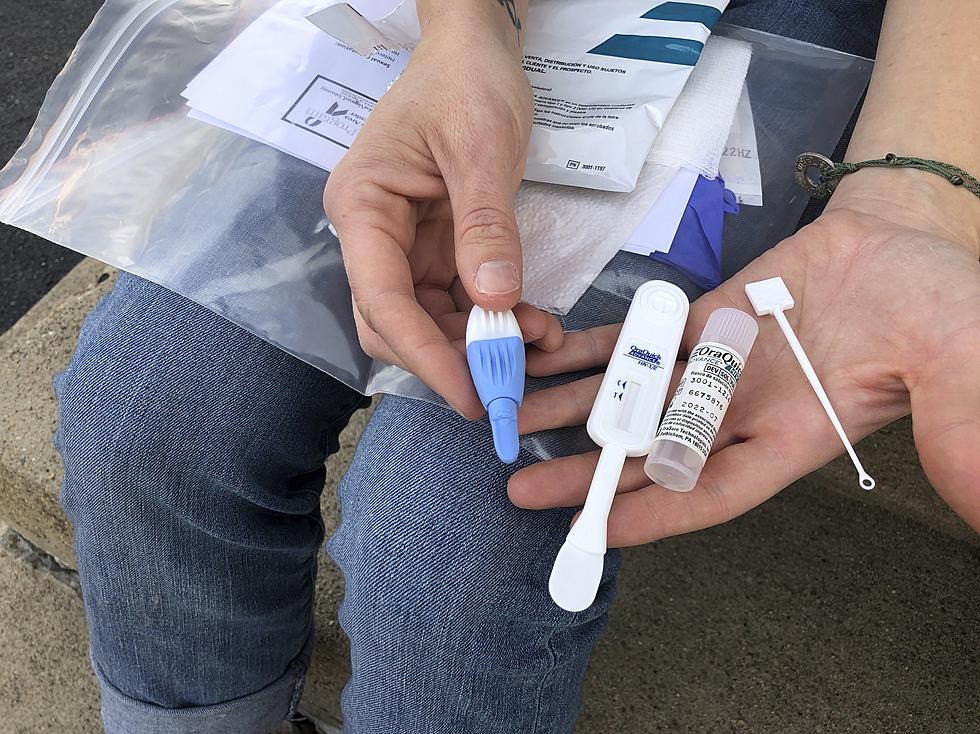
Will it ever be the ‘right’ time for a $15 minimum wage in NJ?
Related video:
Democrats took a first step toward putting a $15 an hour minimum wage proposal on Gov. Chris Christie’s desk Monday.
Given that it’s likely to be vetoed by Christie, the plan that advanced in a party-line vote is likely to wind up being decided by voters in a 2017 referendum – raising the minimum to $10.10 an hour, then hiking it $1.25 an hour each year until it tops $15. It would then continue to increase by the rate of inflation.
“What we’re asking for is not a whole lot. It’s not going to make anybody rich. It’s just going to make their lives a little easier in a very, very, very expensive state,” said Charles Hall Jr., president of Retail, Wholesale and Department Store Union Local 108 and chairman of the Working Families United for New Jersey coalition.
“We need poverty prevention in the form of economic empowerment, and there are few things that are as fundamental to economic empowerment as decent wages,” said Serena Rice, executive director of the Anti-Poverty Network of New Jersey.
New Jersey’s minimum wage is currently $8.38 an hour. Voters approved a constitutional amendment in 2013 raising it by $1 an hour and allowing for inflation adjustments, but backers of that plan now say it goes too slow.
Business groups turned out in droves at Monday’s hearing to say the new plan goes too fast.
Victor LaTorre said his business, LaTorre Hardware & Garden Center in Vineland, would be severely impacted. He said he would lay off three of 12 workers – one full-timer and two part-timers – and significantly raise prices.
“A minimal increase in minimum wage, I think we can continue to survive. At $15, I’m not sure that my business would survive,” LaTorre said.
LaTorre acknowledged that people need more money to afford New Jersey, though wonders if a $15 minimum wage would hike the cost of living even further.
“I think it would escalate it more because the person that’s going to get the increase is going to pay a lot more for goods and services, not just for hardware in my store but for other products – gasoline, groceries, everyday things that they would have to purchase,” LaTorre said.
Frank Guaracini III, part of a group that owns a commercial realty business in Vineland, says stores that rent space from his company already have a tough time keeping up with rent payments. He worries a supermarket that anchors the shopping plaza would opt not to renew its lease in 2018.
“I believe that if the minimum wage bill passes as it’s written today that it would be possible for one of our large tenants not to renew, which would have a detrimental, huge, catastrophic effect on our business,” Guaracini said.
“The end result, though, would be not only will there be blight and an empty building, but I won’t be able to feed my family, as well. I won’t be able to pay my mortgage. I won’t be able to pay my student loans. I won’t be able to put my child in daycare and things of that nature,” Guaracini said.
A $15 an hour minimum wage would cost 33,000 jobs in New Jersey, projects Michael Saltsman, research director for the Washington-based Employment Policies Institute.
More concerning, Saltsman said, is that almost two-thirds of working-age people in poverty in New Jersey don’t have jobs. There are places with massive unemployment rates among youth already, he said – such as 55 percent in East Orange and 38 percent in Trenton.
“Raising the minimum wage to try to lift them out of poverty would be a difficult task because they need a paycheck in the first place instead of having their paycheck boosted,” Saltsman said.
Lawmakers said those alarm bells are raised often but rarely come true.
“The last time we raised the minimum wage, the business community predicted we were going to lose 30,000 jobs. Well, we actually increased jobs by 90,000,” said Senate President Stephen Sweeney, D-Gloucester. “So their predictions have been wrong. It’s been wrong on paid family leave. It was wrong on minimum wage twice.”
Sen. Joseph Vitale, D-Middlesex, one of the bill’s chief sponsors, said “there is no real ladder to the middle class, no real ladder to stability” in the current minimum wage and that even a $15 minimum, while helpful, probably isn’t high enough.
“It wasn’t the right time when we were in the Great Recession. It wasn’t the right time before the Great Recession. It’s now not the right time after it,” Vitale said. “We know our economy is on the upswing, gradually and slowly, yet it’s still not the right time.”
“It doesn’t seem to me for some of those who oppose the bill, some business organizations, that there’s ever really the right time,” Vitale said. “It’s always the right time in this state. New Jersey has one of the highest costs of living in the entire nation.”
An Assembly committee is scheduled to act Thursday on the companion bill in that bill. Assembly Speaker Vincent Prieto, D-Hudson, had once been pushing for an immediate increase to $15 an hour but relented to pursue the slower-going increase advocated by Sweeney.
“You know, I would love it to be $15 today, but obviously there’s a little bit of a chance for everybody to sort of phase it in. I think that’s going to be a key thing,” Prieto said.
“We’re all on the same page on this,” Prieto said.
More From New Jersey 101.5 FM









